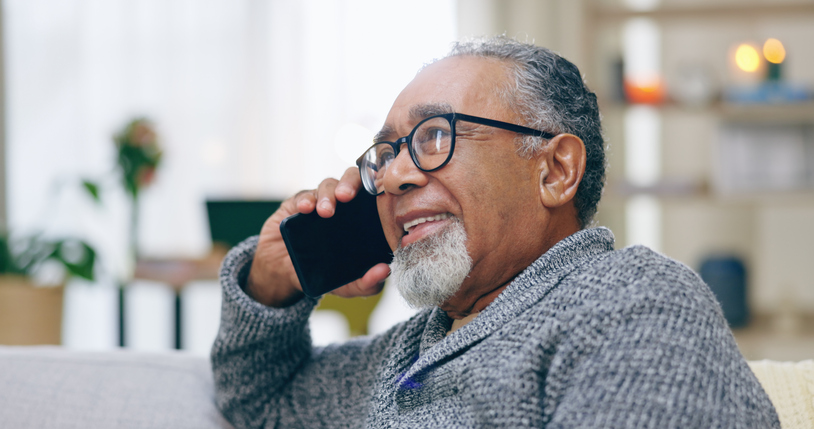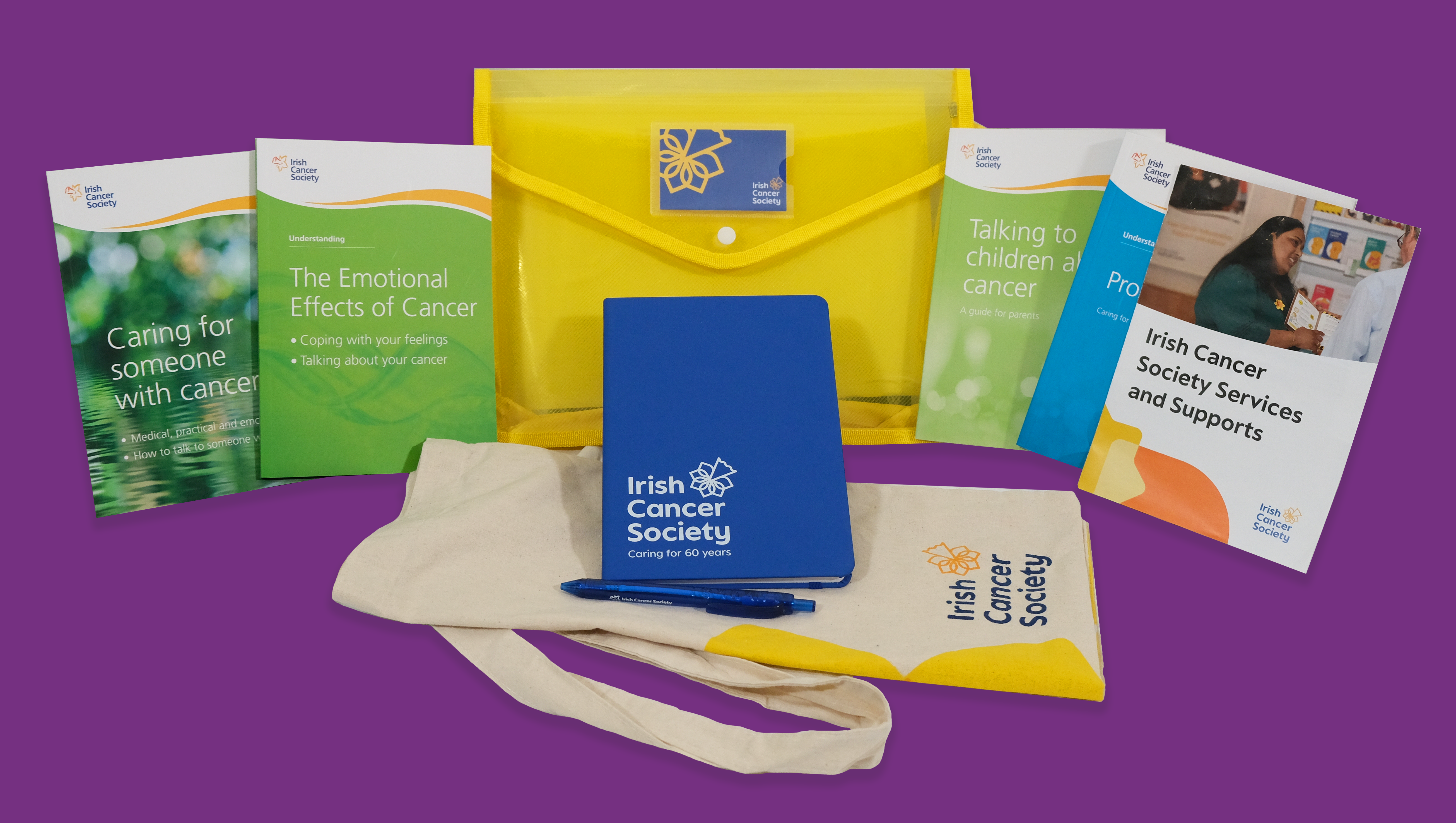Getting the most from your doctor's appointment
Sometimes we leave a doctor’s appointment wishing we’d asked more questions or got more information. Preparing for your appointment will help you to get the most out of it.
Be prepared
Your doctor will probably ask a lot of questions, so think about:
- Any medical problems, when you had them and any treatments you had
- If there’s any history of cancer or other illnesses in the family
- Your lifestyle
- Your general physical and mental health
- Any medication you’re taking
Speak out
- Mention anything that’s on your mind, even if the doctor doesn’t ask.
- Tell the doctor if you’re worried about anything.
- Be honest and try not to be embarrassed – your doctor has seen and heard it all before.
- Give as much information as you can if the doctor asks you anything.
Ask questions
- Write a list of what you want to ask.
- Listen carefully to the answers and ask the doctor to write the main things down if you’re worried you won’t remember.
- If you have someone with you, they could have your list of questions written down. Ask them to fill in the main points your doctor says when he is answering them.
Make sure you understand
Sometimes we leave a doctor’s appointment wishing we’d asked more questions or got more information. Take your time and try not feel rushed. Make sure you’re clear about everything before you leave.
- Ask the doctor to explain again if you don’t understand everything
- Take time to ask questions
- Take someone with you, to ask questions and help you to remember everything afterwards
- Make sure you have a phone number to contact if you have any further questions
- Arrange another appointment if you have unanswered questions or things don’t improve. You may be less anxious and better able to discuss things if some time has passed. Go back to the same doctor or get advice from another medical professional. For example, you could go to your GP after your GP has received the information back from the hospital doctors.
Our cancer nurses can also help you if you have any questions or worries. Call our Support Line on Freephone 1800 200 700 or drop into a Daffodil Centre.
Be clear about side-effects and symptoms
The more information you can give about your symptoms the better, so write down:
- What symptoms you’re worried about
- How long you have had them
- How they feel
- Have they got worse since you first noticed them?
- If the symptoms are there all the time or do they come and go?
- Does anything make your symptoms worse or better? For example, exercising, eating certain foods
- Have you noticed any other change in your body, even if it’s somewhere else from your main problem?
Your local pharmacist can be a great source of information. They can help with your healthcare questions and advise on medicines. So get the best from your pharmacist too, they’d be happy to help.
Talking to hospital doctors if you have cancer
Here are some questions you could ask:
- What is this treatment for?
- Why is this the best treatment for me?
- What should I do if I have new symptoms?
- Is there a number I can call if I feel unwell?
- If I have a problem or feel unwell, when should I go to my GP and when should I contact the hospital?
- What side-effects should I expect?
- Is there anything I can do to improve side-effects or symptoms?
- I didn’t understand what you just said. Could you explain it again please?
- What is this medicine for?
- Can you write down exactly how and when I need to take this medicine?
Watch Karen's story
Karen Dowling (Sheahan), cervical cancer survivor, shares her experiences and advice about attending appointments.
Related links




Talk to a Cancer Nurse

Support Line
Our Daffodil Centres

